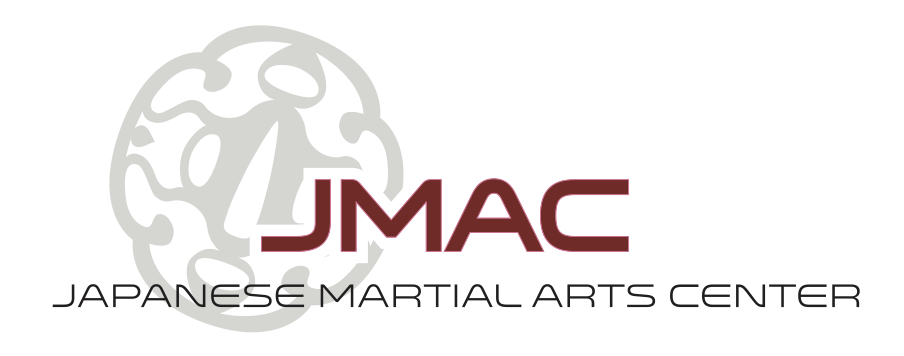Lineage: the instructor at a traditional dojo should be able to tell you the name of his or her teacher, and to explain the line of teachers from the recognized founder of the system. This information helps to show that what is being taught has legitimate historical roots and is likely to be respected internationally. Moreover, a teacher who respects and preserves his or her traditions is probably the type of person who will pass on positive character traits to students.
Respect: respect is the foundation of long-term development in the martial arts. Students must respect the instructor, recognizing the effort and sacrifices the teacher has made to earn his or her credentials. The teacher must respect the students, recognizing their positive qualities and helping them to become stronger, more successful people.
Reasonable Fees: a martial arts school must charge training fees in order to pay the rent and utility bills, and to compensate the teacher for his or her time teaching and keeping the school running. However, our experience has shown us that a sincere instructor usually charges reasonable fees. This may be because he or she loves the art and wishes to pass it on without regard to financial gain, or because he or she wants to avoid excluding those who can't afford high fees. Whatever the reason, it is important to recognize that high training fees alone are not an indication of quality.
Formalities: bowing, saying "hai!" and referring the instructor as "Sensei" are important aspects of tradition in the dojo. Besides adding a cultural flavor to practice, these formalities create the respectful atmosphere we discussed above. They validate the teaching hierarchy that is a natural part of learning the martial arts, and help to avoid causing offense - whether between student and teacher or between student and student. A humble student who is diligent about the formalities is one whose "cup is empty," meaning that he or she is open to learning and ready to work hard to master new skills.
JMAC would like to thank the many Ann Arbor businesses that support this blog,
both martial arts-related and others, including: Network Services Group,
Art of Japanese Swordsmanship, Shudokan Martial Arts Association,
Budo Mind and Body, Art of Judo, Iaido Dot Com, Lorandos and Associates,
Oxford Companies, Bluestone Realty Advisors, Portfolio Ann Arbor,
Invest Ann Arbor, and the Law Office of Nicklaus Suino.
3 comments:
One very interesting thing about JMAC is that a large majority of students have spent years in in other schools first. I think that the traditional nature of JMAC is a huge draw for the experienced martial artists. I know when I observed my first class I could tell right away that this was a place where I could refine much more than my technique. Unfortunately in the modern martial arts landscape, a traditional dojo can be tough to find. Often as a martial arts newbie, we simply go join a class and "get what we get." There comes a time when a student hopefully realizes that there is a deeper side to martial arts that kicking and punching won't reveal (but focus on culture and tradition will!)
This is blog is the basics of how the traditions of martial arts, Iaido in this case, are distributed or taught to more people. Fees to pay for the utility bill and space to teach other customers/students.
Having joined JMAC in November 2007 I could tell immediately the importance of tradition in this dojo. One aspect I like and remark to other people is the formality and respectful atmosphere, from removing your shoes upon entrance, bowing before stepping on the mat and the Japanese heritage throughout class. Suino Sensai is always helping and encouraging each student better their skills while each member is extremely respectful of each other and eager to help both experienced and beginning students. I am very happy with my decision to join JMAC.
Post a Comment